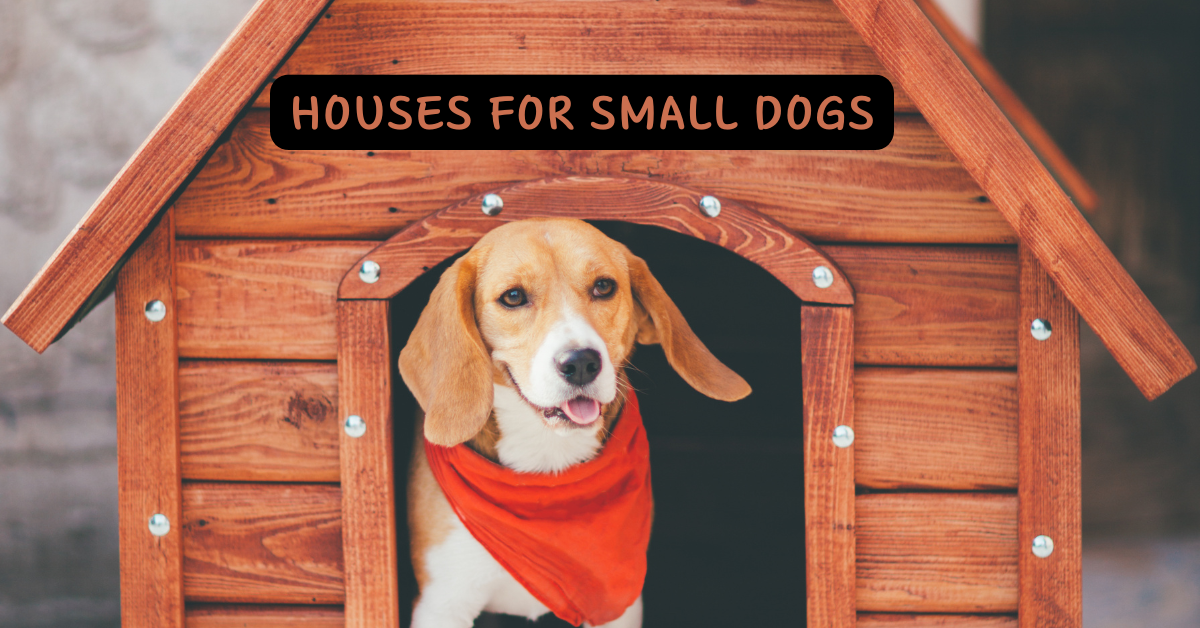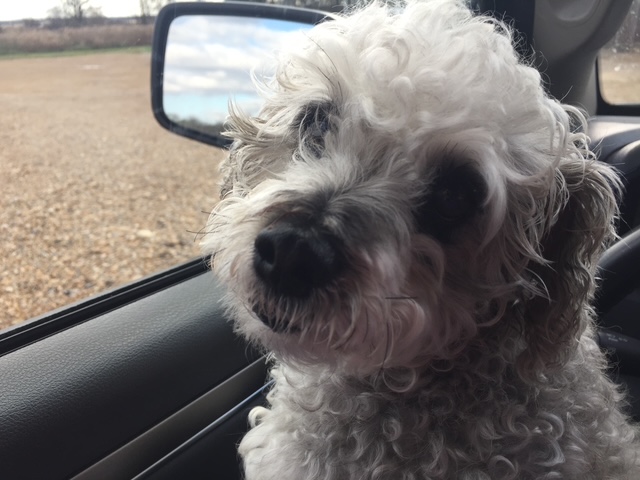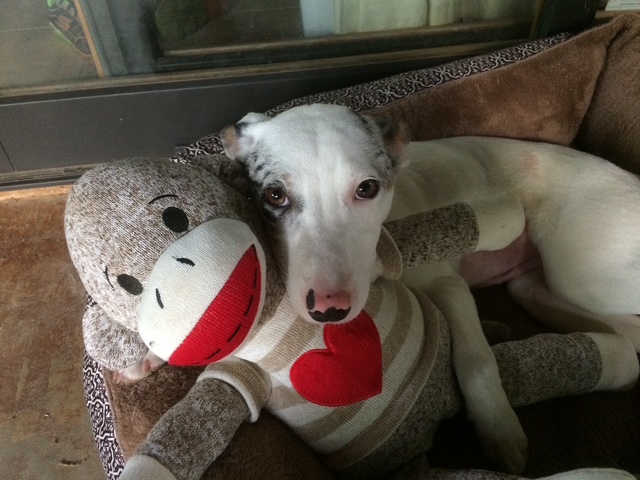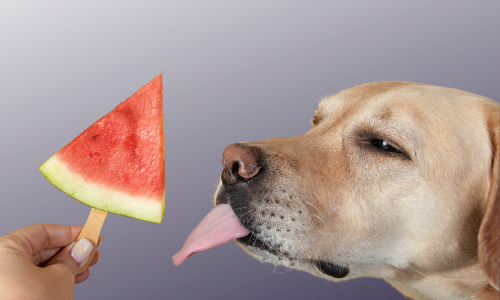The Kishu Ken is a rare, ancient breed from Japan, known for its loyalty, courage, and strong hunting instincts. This medium-sized, Spitz-type dog is highly valued for its quiet demeanor and dedication to its family.
*Disclaimer: This Post May Contain Affiliate Links. This Means That I Receive A Small Commission At No Extra Cost To You Should You Click Through And Make A Purchase. Learn More On My Policy Page
Breed Characteristics
- Breed Category: Working Group
- Size: Medium
- Coat Length: Short and dense
- Shedding: Moderate
- Hypoallergenic: No
- Grooming Requirements: Low; occasional brushing
- Life Span: 11-13 years
- Activity Level: Moderate to high
- Temperament/Personality: Loyal, brave, independent
- Intelligence: High
- Trainability: Moderate; requires patience and consistency
- Space Requirement: Moderate; adaptable to homes with space for exercise
- Compatibility with Children & Other Pets: Good with family, may be reserved with other animals
- Health Issues: Hip dysplasia, allergies, and eye issues
- Nutrition Needs: High-quality diet with balanced nutrients
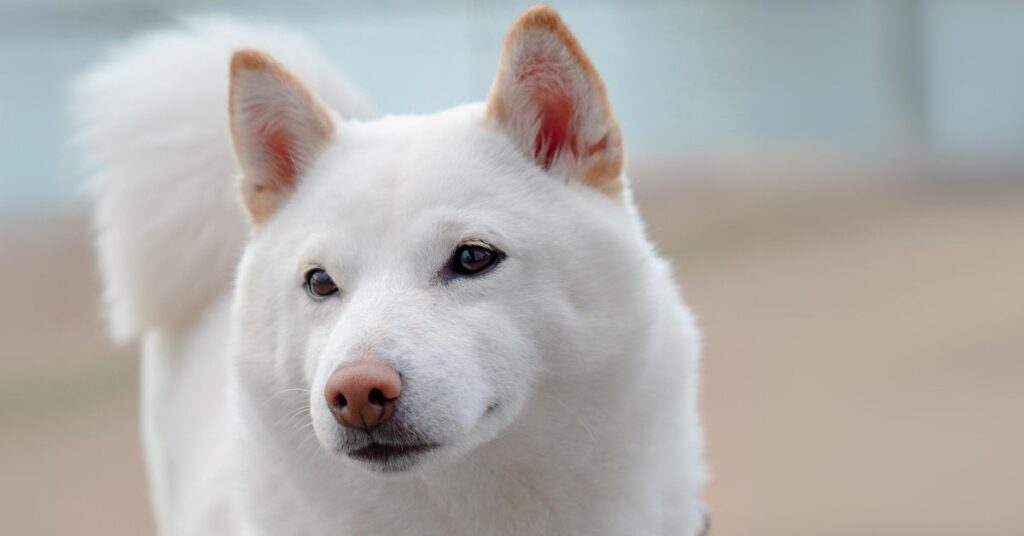
Origin and History
The Kishu Ken originated in the mountainous regions of Japan, where it was bred for hunting large game, such as boar and deer. This breed is named after the Kishu region and has been part of Japanese culture for centuries. The Kishu Ken’s lineage is closely related to other Japanese breeds, like the Shiba Inu and Akita, but it has a distinctive calm and focused temperament that sets it apart.
Appearance and Physical Characteristics
The Kishu Ken is a medium-sized dog with a muscular and agile build. It typically stands between 17 to 22 inches tall and weighs between 30 to 60 pounds. The breed has a short, dense double coat that is weather-resistant, usually in solid colors such as white, red, or sesame. Kishu Kens have a fox-like face with erect triangular ears and a curled tail that is characteristic of Spitz-type dogs.
Temperament and Personality
Kishu Kens are known for their loyalty, bravery, and independent nature. They are highly devoted to their families and form strong bonds with their owners. Despite their hunting background, Kishu Kens are generally calm and quiet dogs that exhibit a composed demeanor. They can be reserved around strangers but are not aggressive, making them good watchdogs. However, their strong prey drive means they may not be the best fit for homes with small animals.

Intelligence and Trainability
The Kishu Ken is an intelligent breed, but its independent nature can make training a challenge. It requires an owner who is patient and consistent with training methods. Positive reinforcement is the best approach, as harsh methods can lead to stubborn behavior. Early training and socialization are essential for this breed to ensure it adapts well to different environments and situations.
Compatibility with Children and Other Pets
Kishu Kens are generally good with children, especially those they have been raised with. They are gentle and loyal to their family members, but their reserved nature means they may not be as outgoing as other breeds. Due to their strong prey drive, Kishu Kens may not be suitable for homes with smaller pets, such as cats or rabbits, unless they are properly socialized from an early age.
Health and Nutrition
The Kishu Ken is a generally healthy breed but can be prone to certain health conditions, including hip dysplasia, allergies, and eye problems. Regular veterinary check-ups, a balanced diet, and appropriate exercise are key to maintaining the breed’s health. Feeding the Kishu Ken a high-quality diet that meets its nutritional needs is essential for supporting its energy levels and overall well-being.

CJ Hammond, CC BY-SA 4.0 https://creativecommons.org/licenses/by-sa/4.0, via Wikimedia Commons
Exercise and Activity Level
Kishu Kens are moderately active dogs that require regular exercise to maintain their physical and mental health. They enjoy outdoor activities such as hiking, running, and playing, making them a good fit for active families. While they can adapt to apartment living, they need daily walks and opportunities for mental stimulation to prevent boredom and behavioral issues.
Grooming Needs
The Kishu Ken’s short, dense coat requires minimal grooming. Regular brushing helps to remove loose hair and keep the coat in good condition, especially during shedding seasons. Bathing should be done as needed, and routine grooming tasks such as nail trimming, ear cleaning, and dental care should be performed regularly to maintain the breed’s overall health.
Training and Socialization
Early training and socialization are crucial for the Kishu Ken. Due to its independent nature, this breed needs consistent and firm training to establish boundaries and prevent undesirable behaviors. Socializing the Kishu Ken with other dogs, people, and different environments from a young age helps to ensure it grows into a well-mannered and confident adult.

CJ Hammond, CC BY-SA 4.0 https://creativecommons.org/licenses/by-sa/4.0, via Wikimedia Commons
Famous Kishu Kens
The Kishu Ken is a rare breed, even in its native Japan. It is highly regarded for its loyalty and hunting abilities, and it has been recognized as a national treasure by the Japanese government. Though not as widely known as other Japanese breeds, the Kishu Ken has a devoted following among enthusiasts who appreciate its calm and composed nature.
Conclusion
The Kishu Ken is a loyal, brave, and independent breed that makes an excellent companion for experienced dog owners. With proper training, socialization, and care, the Kishu Ken can be a devoted and quiet member of the family.








